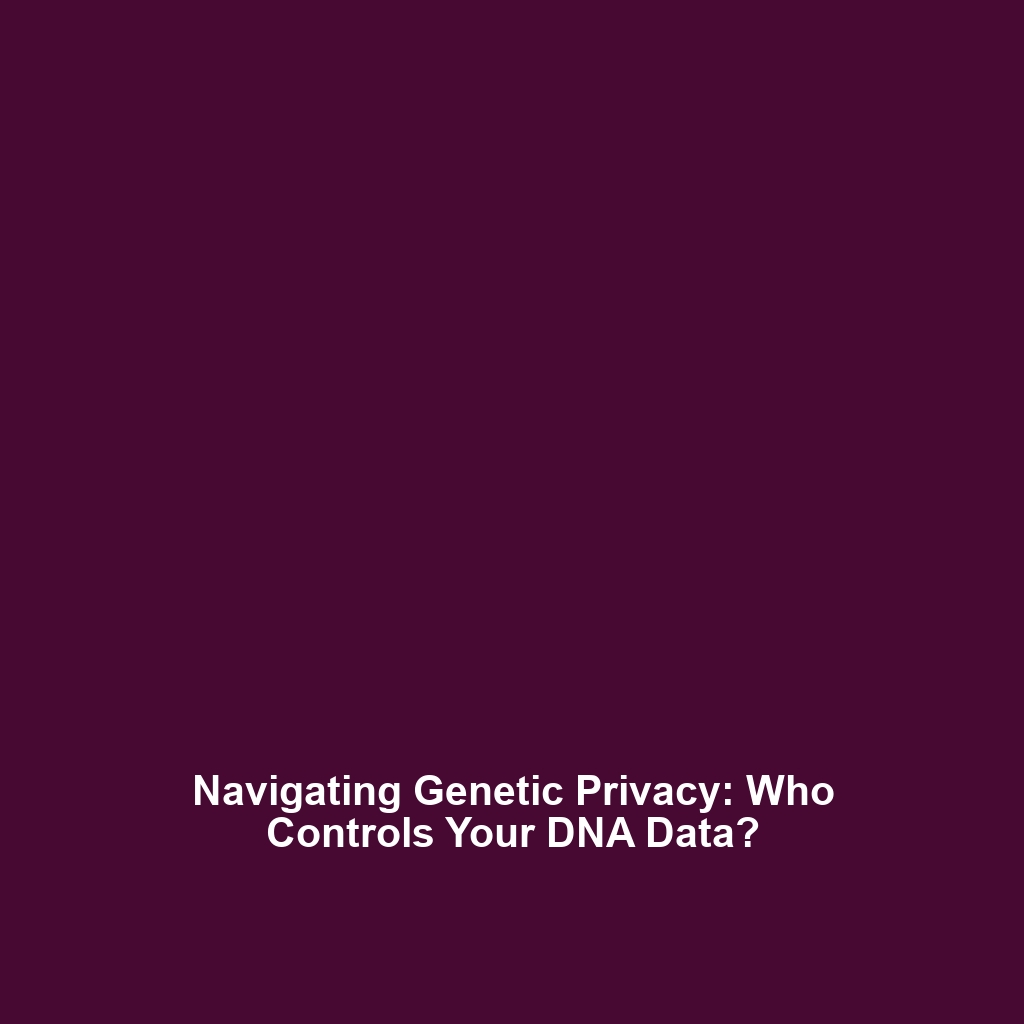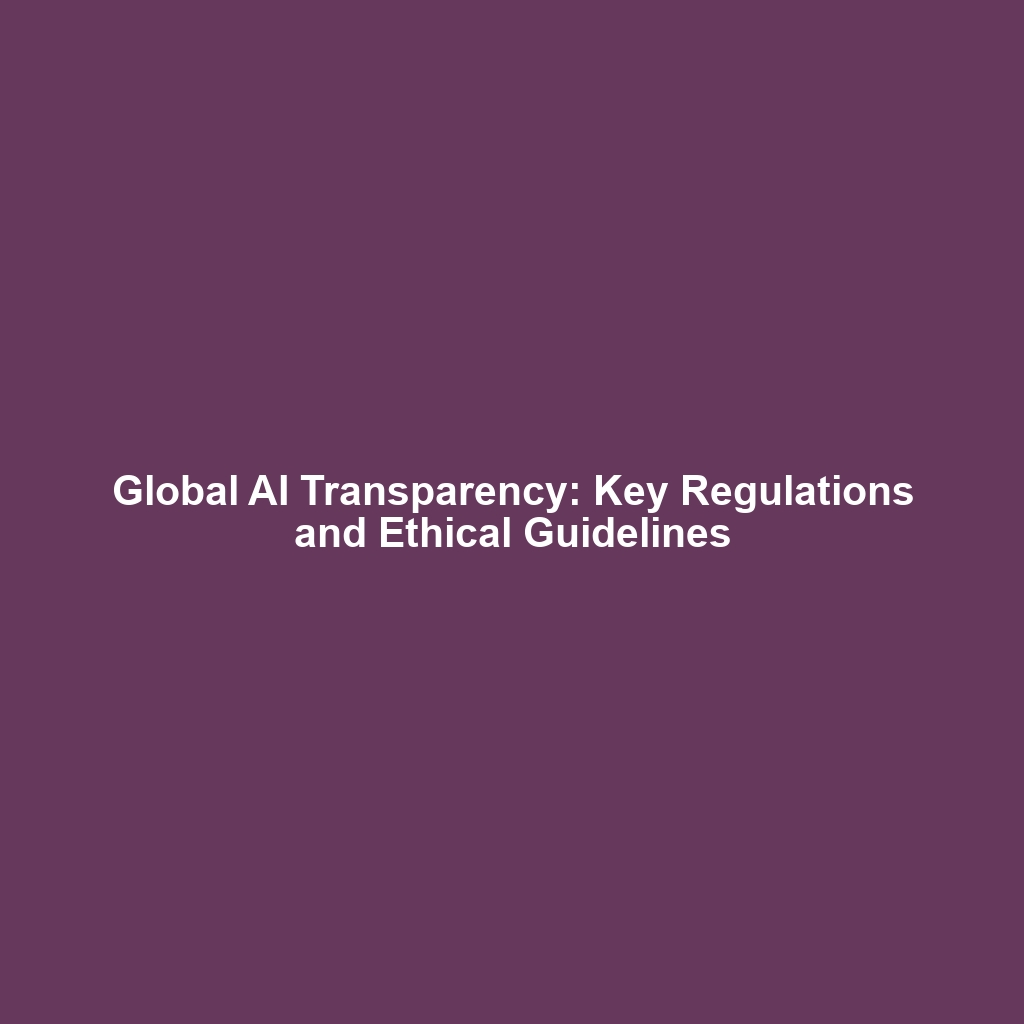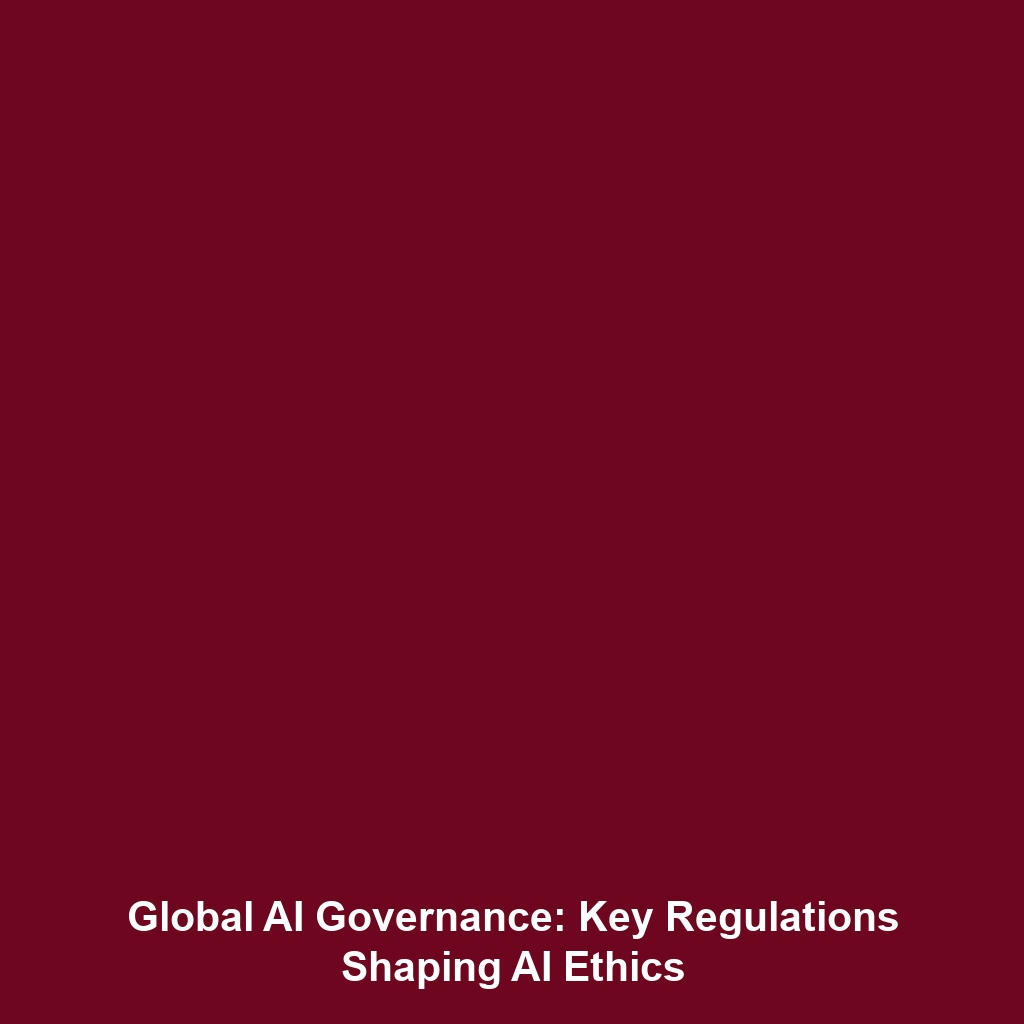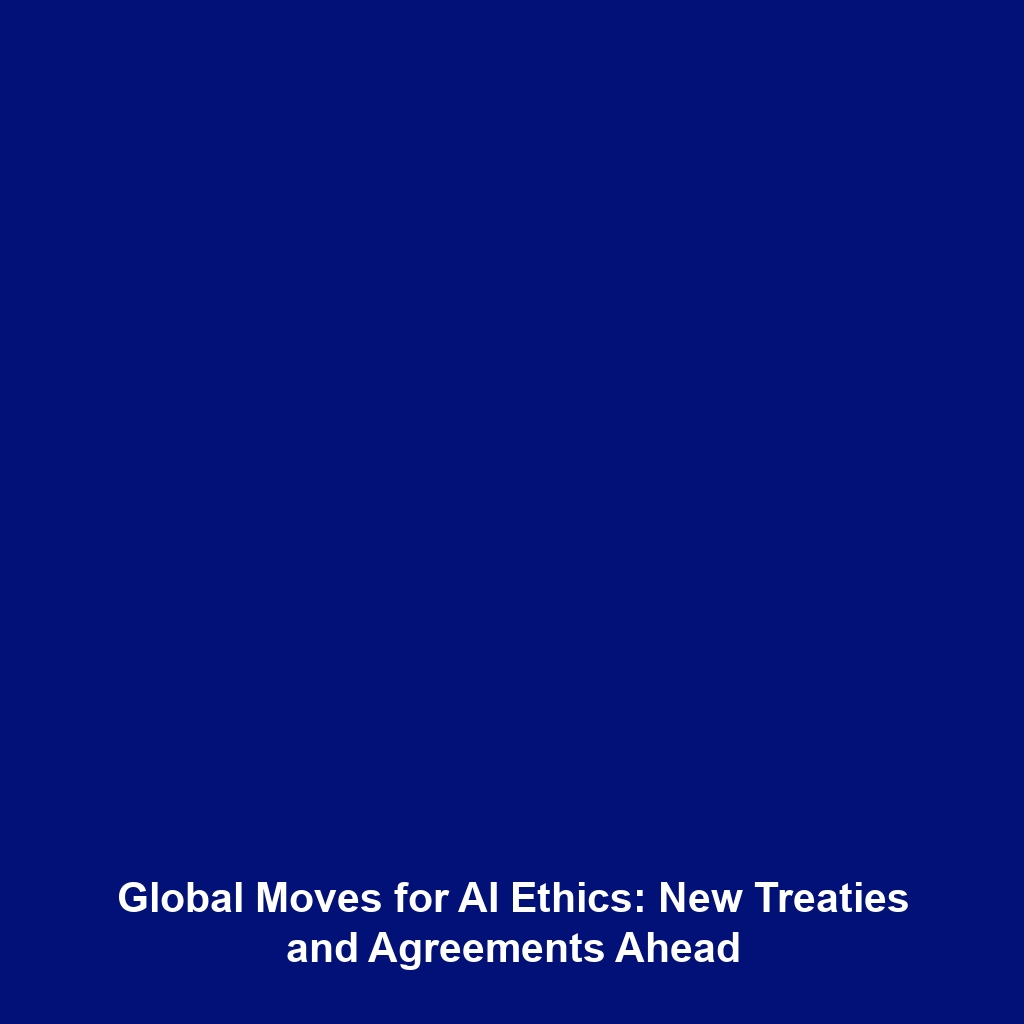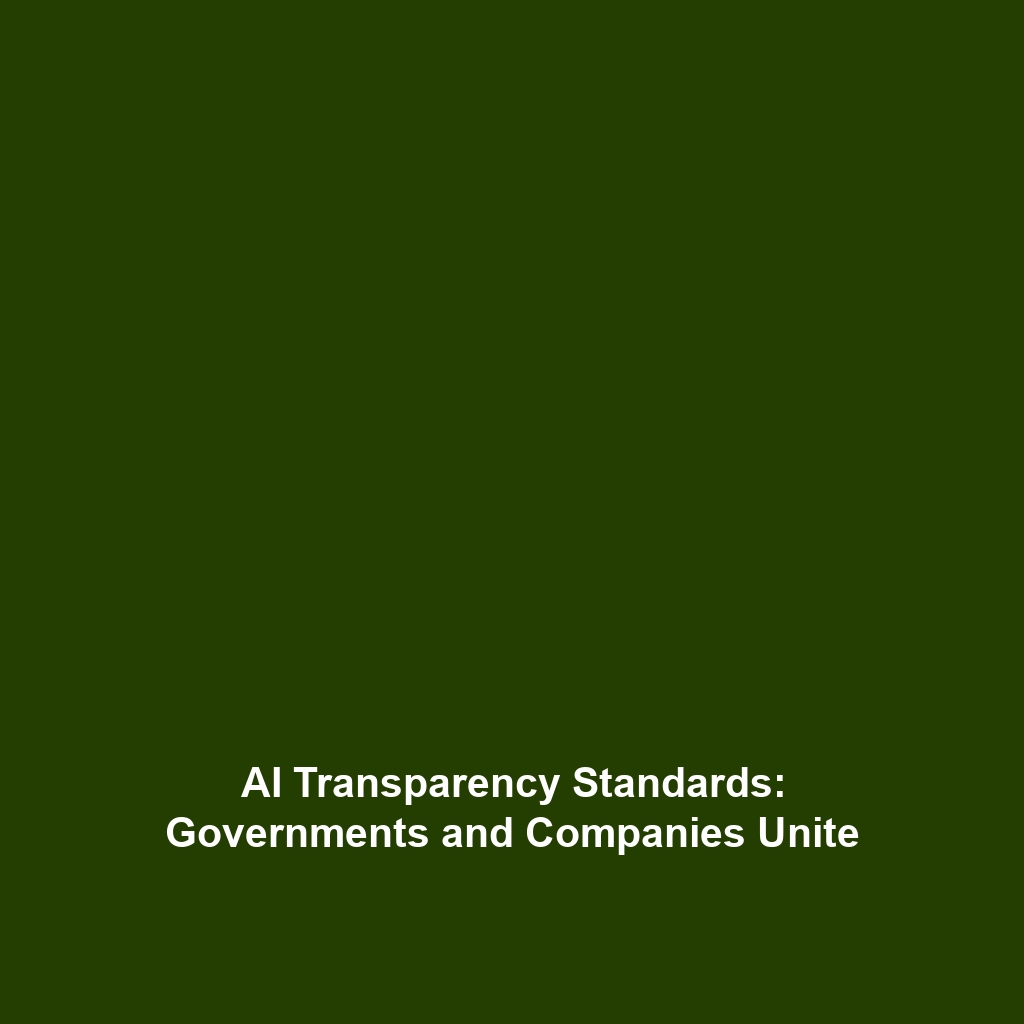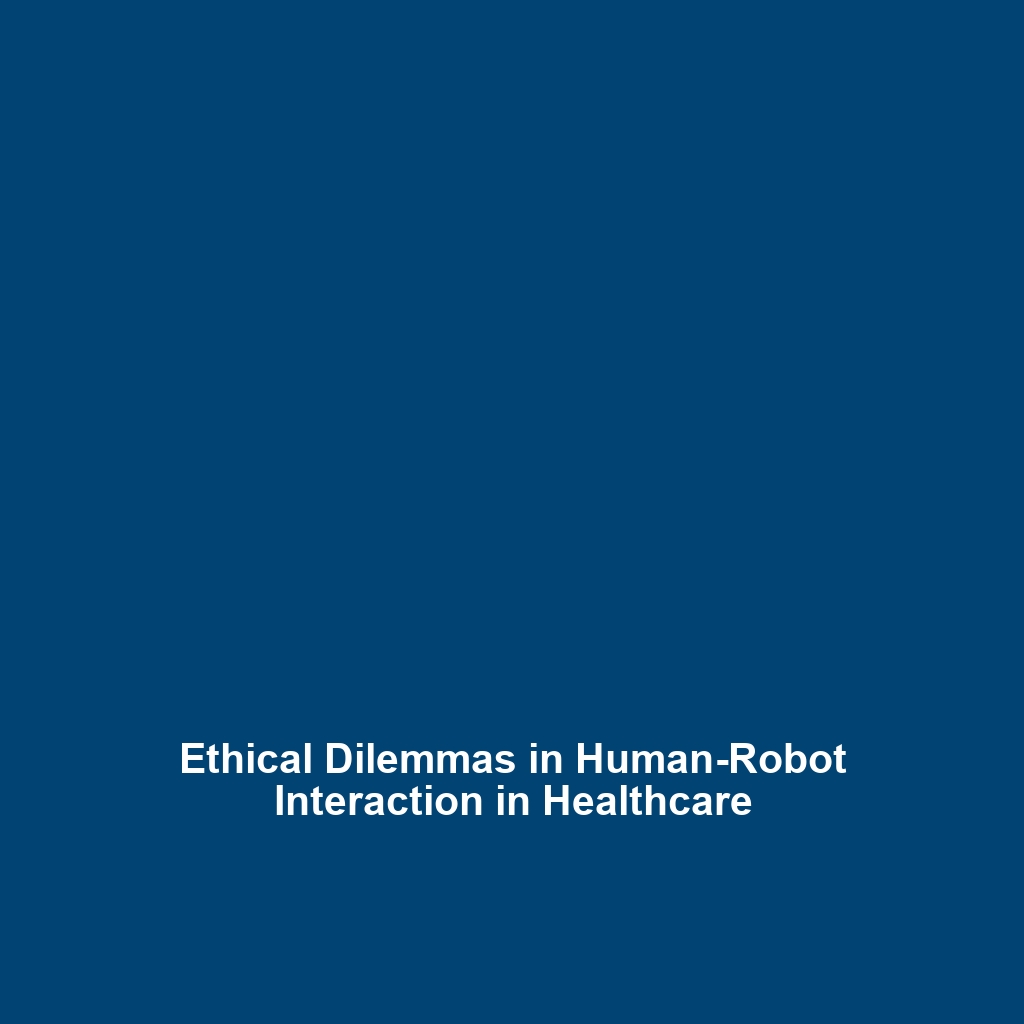Concerns Over Genetic Information Storage and Access
Introduction
The Human Genome Project has revolutionized our understanding of genetics, but it has also raised vital concerns about how genetic information is stored and who has access to it. As we delve deeper into the implications of genetic data, ethical questions concerning privacy, data security, and ownership arise. The significance of protecting individual genetic information cannot be overstated; it is crucial for public trust in genetic research and biomedicine. Understanding these concerns is essential as we advance in the era of genomic medicine.
Key Concepts
Storage of Genetic Data
The storage of genetic information encompasses methods of data collection, storage technologies, and data integrity measures. Privacy concerns emerge when considering the sensitive nature of genetic data. Major concepts include:
- Data Encryption: Protecting genetic data from unauthorized access through encryption techniques.
- Data Anonymization: The practice of removing personal identifiers to safeguard individual identities.
- Regulatory Compliance: Adhering to laws such as HIPAA and GDPR that regulate genetic information misuse.
Access to Genetic Data
Who has access to genetic information is equally critical. Issues surrounding consent, ownership, and the implications of sharing genetic data must be studied and understood. Important factors include:
- Informed Consent: Ensuring that individuals understand how their genetic data will be used.
- Institutional Ownership: The role of institutions in governing access to genetic data.
- Commercial Interests: The involvement of pharmaceutical companies and other entities in using genetic data for research or profit.
Applications and Real-World Uses
The concerns over how genetic information is stored and who has access to it have significant real-world applications within the Human Genome Project. These applications include:
- Genetic Counseling: Providing insights to patients on their genetic risks while ensuring confidentiality of their information.
- Personalized Medicine: Tailoring treatments based on genetic profiles while securely managing data.
- Public Health Initiatives: Learning from genetic data to track disease outbreaks while protecting individual identity.
Current Challenges
Despite our advances, several challenges hinder effectively addressing concerns over genetic data storage and access:
- Data Breaches: Increasing incidents of data theft make privacy a major concern.
- Variability in Regulations: Differences in national laws regarding genetic data create compliance challenges.
- Lack of Public Awareness: Insufficient understanding of genetic data privacy rights among the general populace.
Future Research and Innovations
Future research and innovations are essential to mitigate the concerns surrounding genetic information. Upcoming developments include:
- Blockchain Technology: Could ensure secure genetic data sharing while maintaining user control over access.
- Advanced Encryption Algorithms: Innovations in cryptography to protect sensitive genetic information.
- AI-Powered Governance: Employing artificial intelligence to enhance monitoring of data access and privacy compliance.
Conclusion
As genetic research progresses through the Human Genome Project, awareness and management of the concerns over how genetic information is stored and who has access to it become increasingly vital. Stakeholders, including researchers, policymakers, and the public, must collaboratively address these challenges to ensure ethical and secure genetic practices. For further reading on related topics, consider exploring our articles on Ethical Implications of Genetic Testing and Regulations Governing Genetic Data Privacy.
